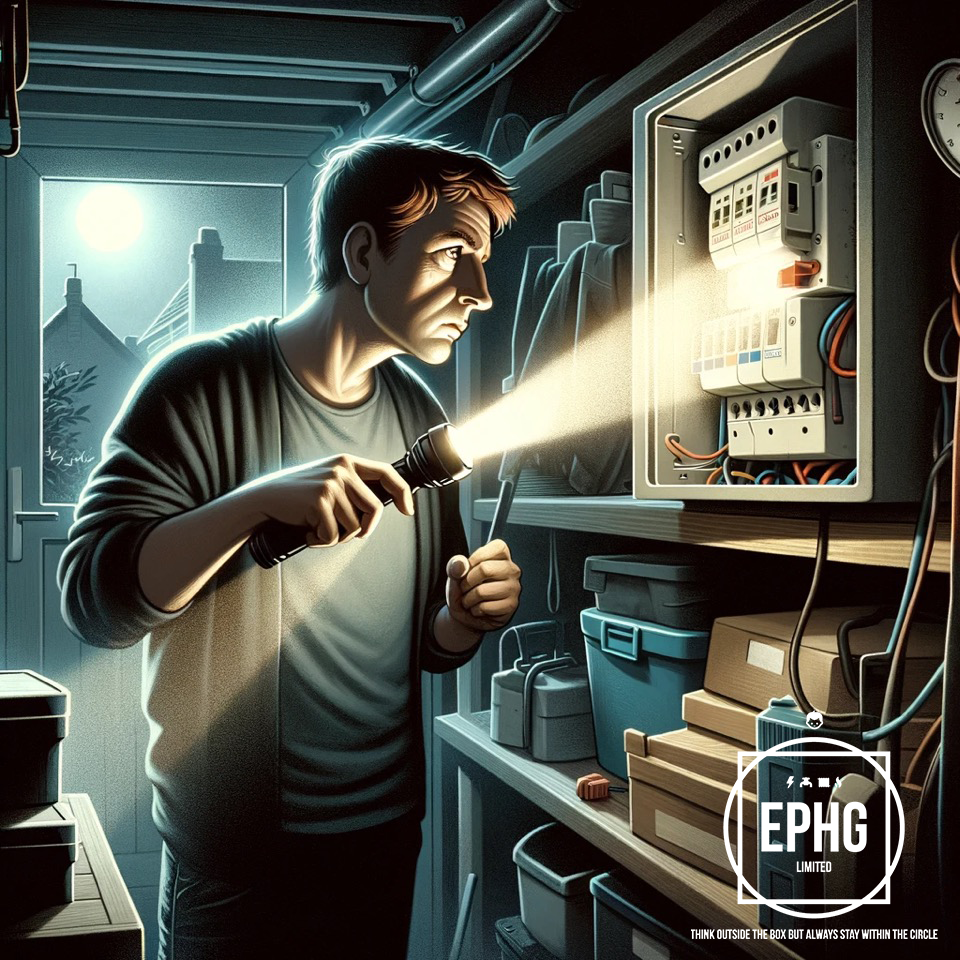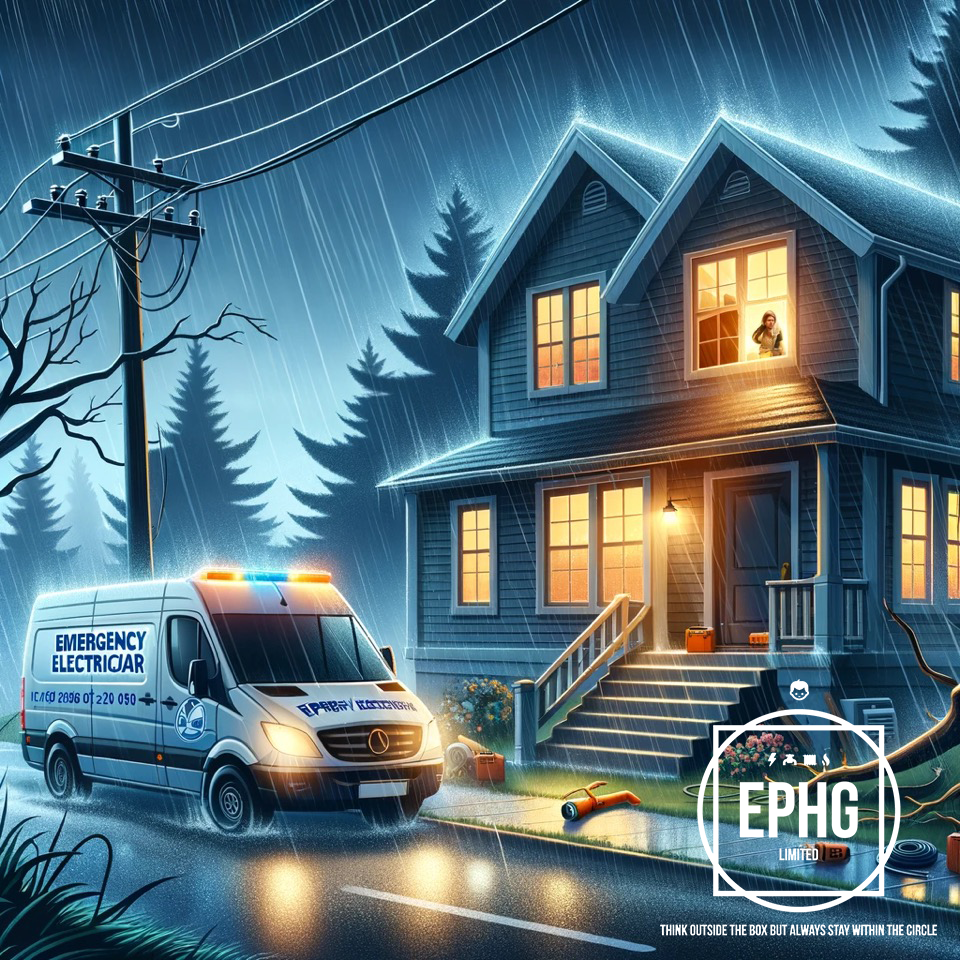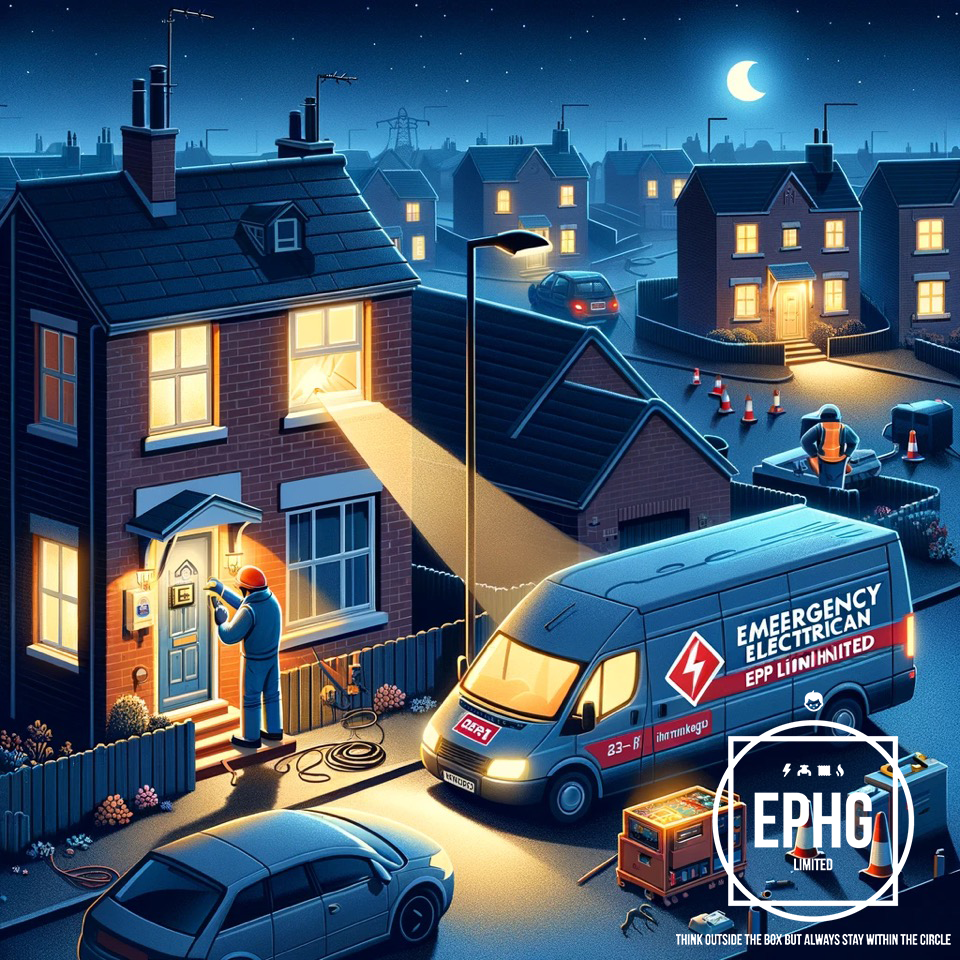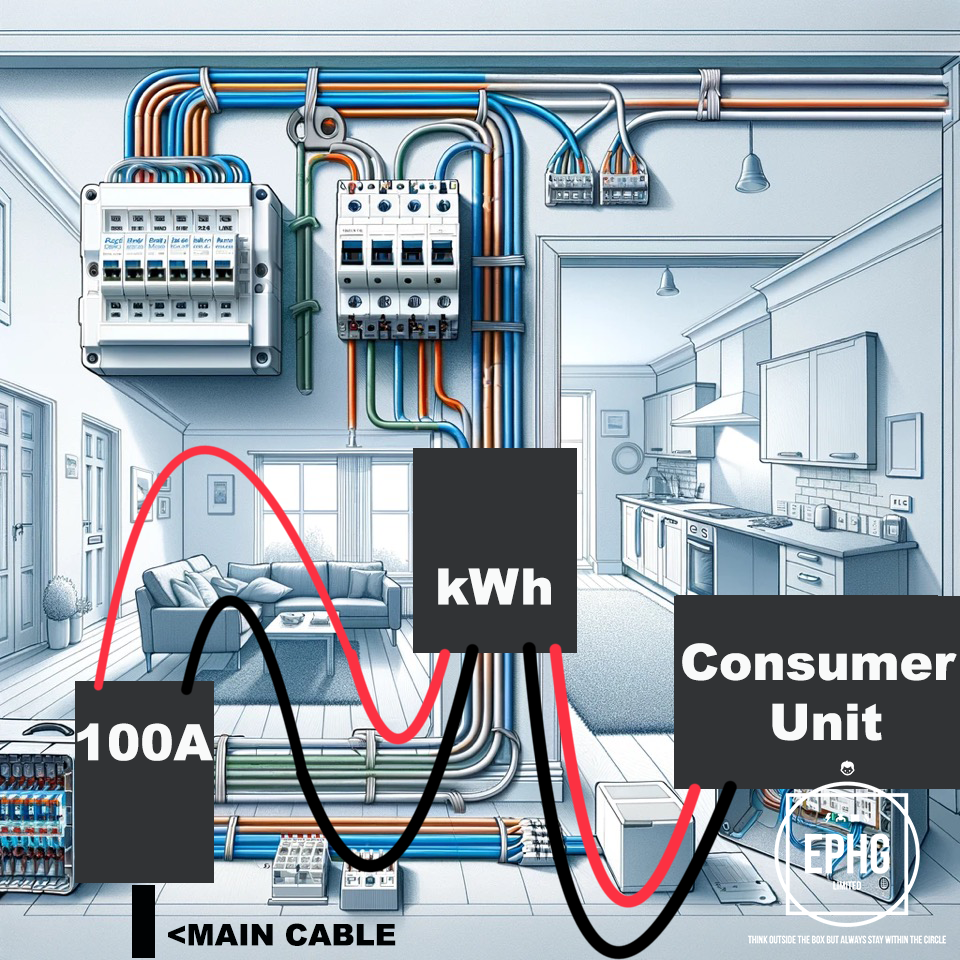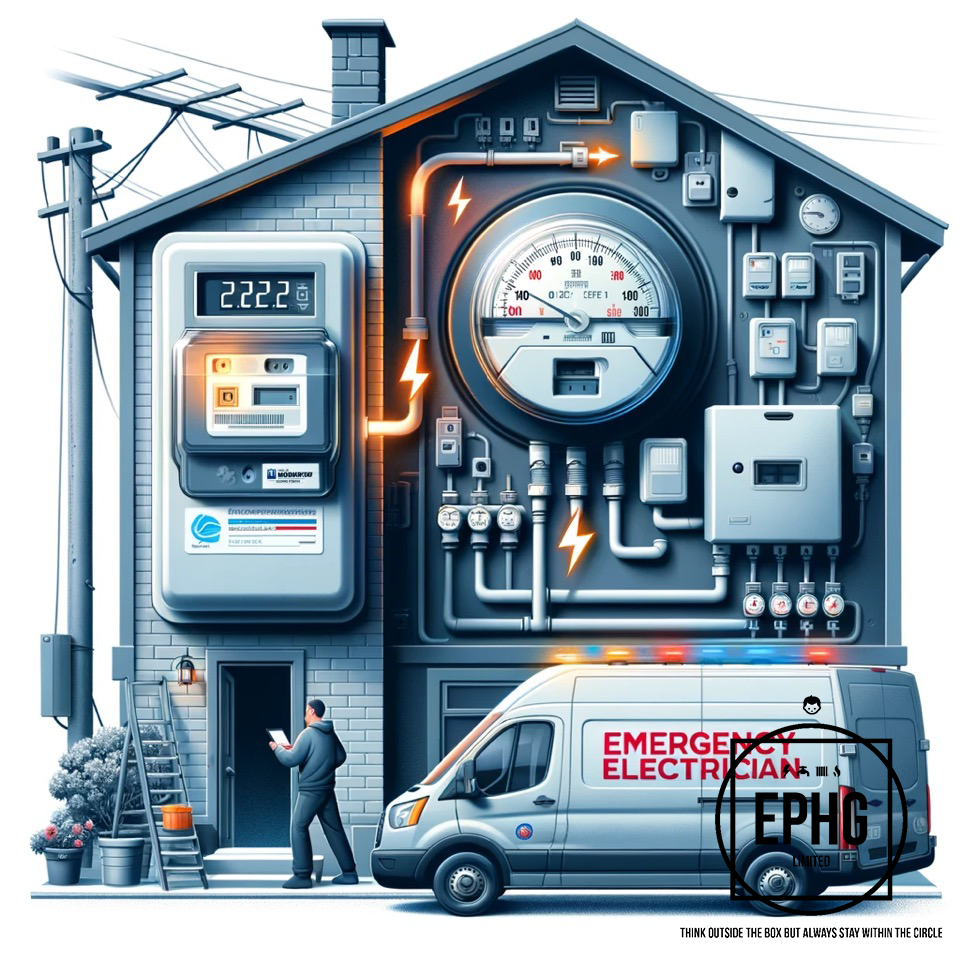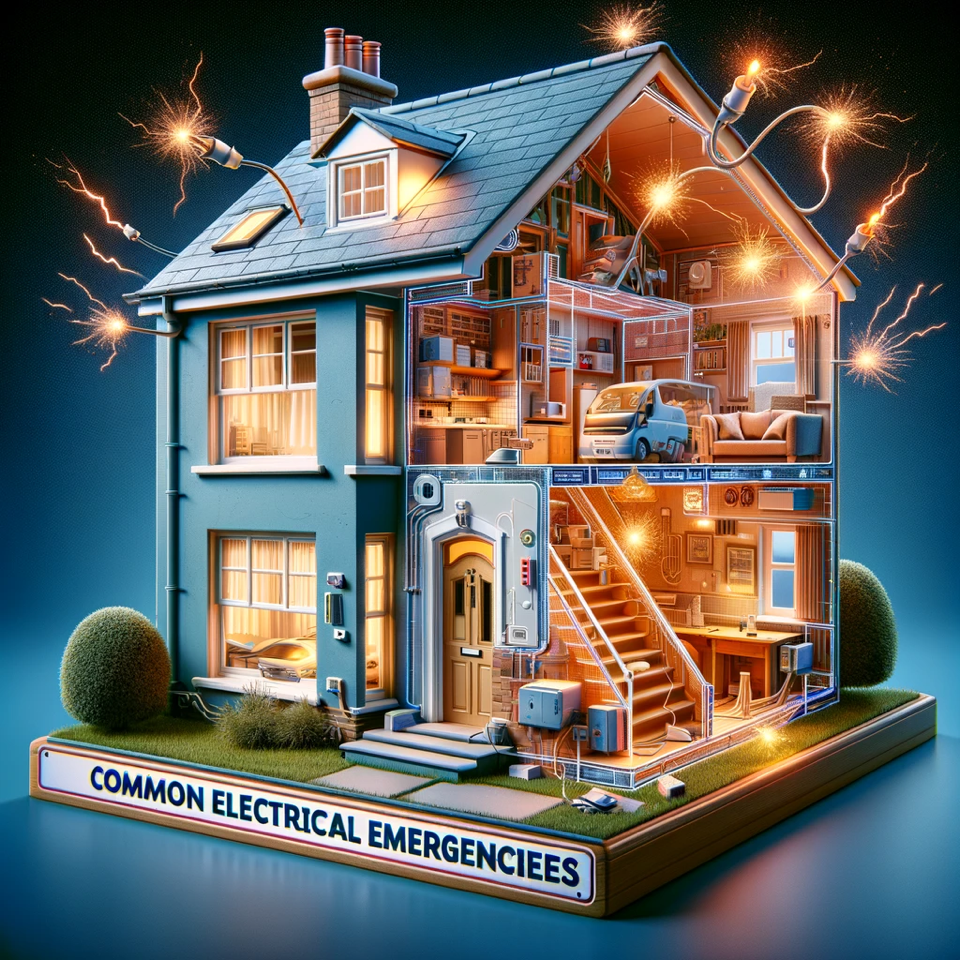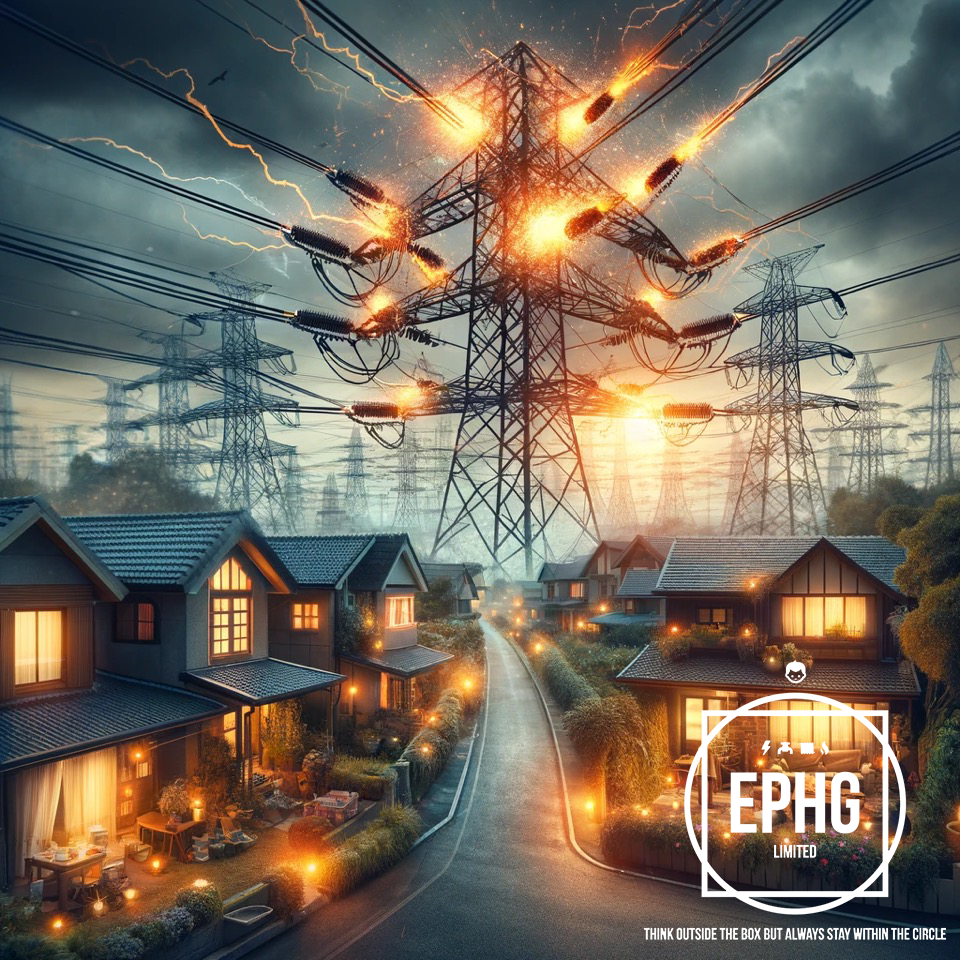

Overloaded Power Grids: A Leading Cause of Electrical Faults in Homes
In today's energy-dependent world, the demand for electricity in homes and businesses is higher than ever. This increasing demand can lead to overloaded power grids, a situation that not only affects the efficiency of electrical supply but also poses significant risks to home electrical systems. Understanding the causes of overloaded power grids and the resulting common electrical faults is crucial for homeowners. It underscores the importance of having access to emergency electrician services, such as those provided by EPHG Limited, to address these issues promptly and safely.
Causes of Overloaded Power Grids
Overloaded power grids occur when the demand for electricity exceeds the supply that the grid can provide. This imbalance can be attributed to several factors:
- Increased Consumption: The rise in the number of electrical devices in homes, including air conditioners, heaters, and electronic gadgets, significantly contributes to higher electricity demand.
- Seasonal Peaks: Extreme weather conditions, whether it's the heat of summer or the cold of winter, often lead to spikes in energy use as people try to maintain comfortable living conditions.
- Infrastructure Limitations: Aging infrastructure and lack of timely upgrades can hinder a power grid's ability to distribute electricity efficiently, leading to potential overloads during peak times.
- Renewable Energy Integration: As more renewable energy sources are integrated into the grid, managing the variable output can challenge the grid's stability, occasionally leading to overload situations.
Electrical Faults Resulting from Overloaded Power Grids
When power grids are overloaded, the strain on the electrical system can lead to various faults within a home's electrical setup, including:
- Voltage Fluctuations: Overloads can cause significant dips and surges in voltage, potentially damaging sensitive electronics and appliances.
- Circuit Breaker Trips: To prevent overheating, circuit breakers may trip frequently, disrupting power supply to parts of the home.
- Overheating of Electrical Wiring: Continuous strain from high loads can cause wiring to overheat, increasing the risk of electrical fires.
- Degradation of Electrical Components: Prolonged exposure to unstable electrical conditions can shorten the lifespan of electrical components and necessitate costly repairs or replacements.
The Role of Emergency Electricians
In the event of electrical faults caused by an overloaded grid, having access to a reliable emergency electrician service is invaluable. EPHG Limited offers 24/7 emergency electrician services, ensuring that homeowners can quickly address and resolve electrical issues. Professional electricians can diagnose and repair faults, from tripped circuit breakers to damaged wiring, ensuring the safety and functionality of your home's electrical system.
Preventive Measures
While emergency services are essential, homeowners can take several preventive measures to minimize the risk of electrical faults:
- Energy Conservation: Reducing energy consumption, especially during peak times, can alleviate strain on the power grid.
- Surge Protectors: Installing surge protectors can safeguard appliances and electronics from voltage spikes.
- Regular Maintenance: Routine checks and maintenance of the home's electrical system can identify and rectify potential issues before they escalate.
- Upgrade Electrical Systems: For older homes, upgrading the electrical panel and wiring can enhance safety and accommodate modern electrical demands.
Conclusion
Overloaded power grids present a significant challenge, leading to electrical faults that can disrupt daily life and pose safety risks. Understanding these challenges is the first step toward mitigating their impact. By taking preventive measures and knowing when to call professionals like EPHG Limited for emergency electrician services, homeowners can protect their properties and ensure a stable and safe electrical supply.
